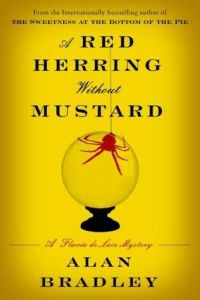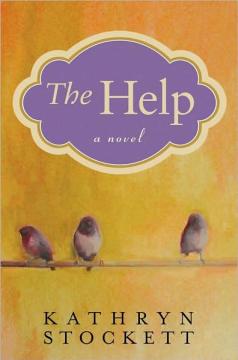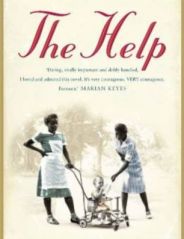I love the blogging world. A year ago, starting a blog would never have occurred to me–in fact, if you can believe it, I didn’t really know what a blog was. My obscure notions of what it was involved visions of emotional teenagers writing an online journal in the dark hours of the night, the contents of which would estrange their friends and create enemies of the people they whined about. But then, my sister Erica got me hooked on The Pioneer Woman, the Blog of Blogs. And I realized . . . well, I’m not sure what I realized, but 9 months later I started my own.
And on a side note, if I ever start whining via this blog, please chastise me in the “comments” section immediately. Then I will repent, recommit my life to being thankful and joyful, and get my bloggity-bloggy attitude back on track. I’m holding you accountable to holding me accountable. Deal? Deal.
All this is to say that I learned of these amazing little books via my friend Jen’s blog, A Hint of Self Expression. Thank you Jen, thank you blogging world, etcetera etcetera, amen. As soon as I read her recommendation, I put in the request at my library. And now, I am compelled to write my own review of them, though since Jen was the initial motivator you might as well skip on over to her post to get the original scoop.
OK, for those of you still with me, Alan Bradley has now published two Flavia mysteries, “The Sweetness at the Bottom of the Pie” and “The Weed that Strings the Hangman’s Bag,” and is working on his third one, “A Red Herring Without Mustard.” Set in the 1950s, the main character is an 11 year old with a penchant for chemistry (poisons in particular) who solves various and sundry murder mysteries. It’s written in the 1st person, from Flavia’s perspective, and is chock-full of witty metaphors and flights of fancy. I have to say these are like no other books I’ve read–the narrator’s voice (Flavia’s voice) is very unique.
I feel like every time I post a book review, it begins with a tale of my initial resistance to the book in question, and this is no different.  When I started the first book, I had a big problem with Flavia. She was 11, and girls at that age aren’t always the most mature people. I know this because when I read my own 11 year old journal, I pretty much freak out over the self-absorbed little human that I was, and have to immediately call everyone I knew at that time in my life to apologize profusely for my flawed character. Flavia was eliciting a similar response–she annoyed the heck out of me. And there were too many metaphors. I felt this way for about the first 100 pages (sounds like a lot, but the pages are small, really). Then something happened, and I decided that I loved Flavia. Her spunk, her orneriness, her independent spirit. Flavia, I’m sorry I was such a jerk to you during the early days of our acquaintance. It turns out you’re a pretty darn awesome kid.
When I started the first book, I had a big problem with Flavia. She was 11, and girls at that age aren’t always the most mature people. I know this because when I read my own 11 year old journal, I pretty much freak out over the self-absorbed little human that I was, and have to immediately call everyone I knew at that time in my life to apologize profusely for my flawed character. Flavia was eliciting a similar response–she annoyed the heck out of me. And there were too many metaphors. I felt this way for about the first 100 pages (sounds like a lot, but the pages are small, really). Then something happened, and I decided that I loved Flavia. Her spunk, her orneriness, her independent spirit. Flavia, I’m sorry I was such a jerk to you during the early days of our acquaintance. It turns out you’re a pretty darn awesome kid.
A great quote from “The Weed that Strings the Hangman’s Bag” to illustrate this–Flavia’s father starts out speaking:
“You are unreliable, Flavia,” he said. “Utterly unreliable.” Of course I was! It was one of the things I loved most about myself.
Both books I have read are fun mysteries, with interesting and unexpected turns in the plot. They’re a little dark . . . but not twisted. Know what I mean? What I’m saying is, a murder is a murder is a murder, and these are definitely murder mysteries with a villain–but there’s also an innocent charm to the style that makes them fun and light reads. I looked forward to opening them and had trouble putting them down when it was time to do things like, for example, make dinner or go to bed. Eating and sleeping just seem so inconvenient when you’re caught up in a good mystery.
Conclusion: I will definitely be reading the third book as soon as my library gets it in. Since my library is a little, ehem, “behind the times,” this may not be for 10 years. But it will be free, and they’ll bring it right to my neighborhood branch, so really–I can’t complain.



